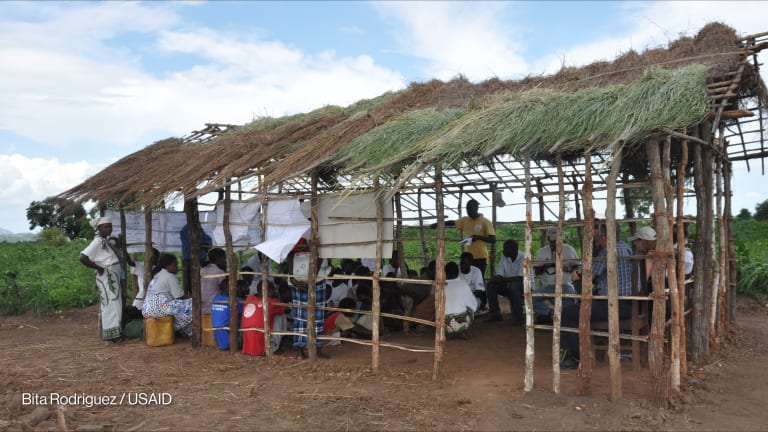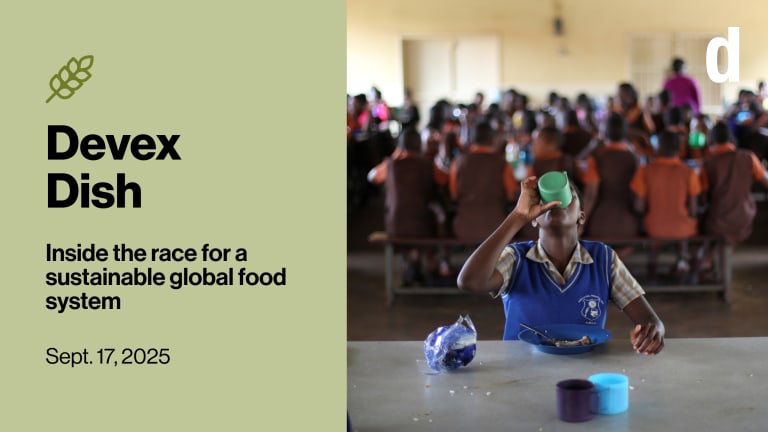
The World Food Programme predicts which countries will face potential hunger crises, the United Nations calls for a “Decade of Action,” and uncertainty lingers about DFID’s fate. Here is some of the latest development news to start the year:
The United Nations turns 75 years old this year and, as the institution grapples with how to adapt while aging, it is trying to spur global action. In his New Year’s message, U.N. Secretary-General António Guterres called the Sustainable Development Goals the “blueprint for fair globalization” as he launched the “Decade of Action” and asked young people to keep up the pressure. Guterres is trying to bring more youths into the agency and adapt to technological and geopolitical changes, which Devex explores in the series “United Nations: A Tipping Point.”
The U.K. development community continues to fret about the future of the Department for International Development, amid concerns that British Prime Minister Boris Johnson will seek to merge it with the Foreign & Commonwealth Office. In his New Year’s message, Johnson vowed to deliver on Brexit, telling voters, “I’m going to be working my socks off to deliver on your priorities.” Expect the debate about DFID’s future to shine a light on the U.K. development agenda, with the Express website this week asking, “China and India are richer than UK – so WHY are we still sending them AID MONEY?” Incidentally, DFID official Nick Dyer was on the New Year Honours list, being made a Companion of the Order of the Bath “For services to International Developmentt.”
About half the population of Zimbabwe — nearly 8 million people — is now food insecure, the World Food Programme warns. While the U.N. agency plans to double the number of people it assists in the country, it will need more funding to do so — some $200 million for the first half of 2020 alone. The country’s continued drought, which led to reduced food production, and economic woes have resulted in more severe food shortages and dramatic increases in commodity prices. According to the “WFP Global Hotspots 2020” report, Zimbabwe, South Sudan, the Democratic Republic of the Congo, and the Central Sahel region are all expected to face severe hunger challenges in the coming year.
The situation in Haiti is also deteriorating, according to the U.N. humanitarian office, OCHA. Some 3.7 million people are food insecure, up from 2.6 million at the end of 2018 — and OCHA expects the figure to hit 4.2 million by March of this year. The Associated Press reported that President Jovenel Moïse broke with tradition and celebrated the country’s independence day this week in the capital instead of in the northern coastal town where Haiti’s independence was declared, due to security concerns.
The Ebola outbreak in the Democratic Republic of the Congo continues, but with some progress. On Tuesday, Matshidiso Moeti, WHO regional director for Africa, tweeted that 23 days had passed without a new Ebola case in Beni. She said a 3-month-old baby became the last Ebola patient and the 440th Ebola survivor to be discharged from a treatment center in the city, which saw violence and protests in November. Cases continue to appear in other health zones, including in Kanyihunga, where a woman and four children tested positive for Ebola.










